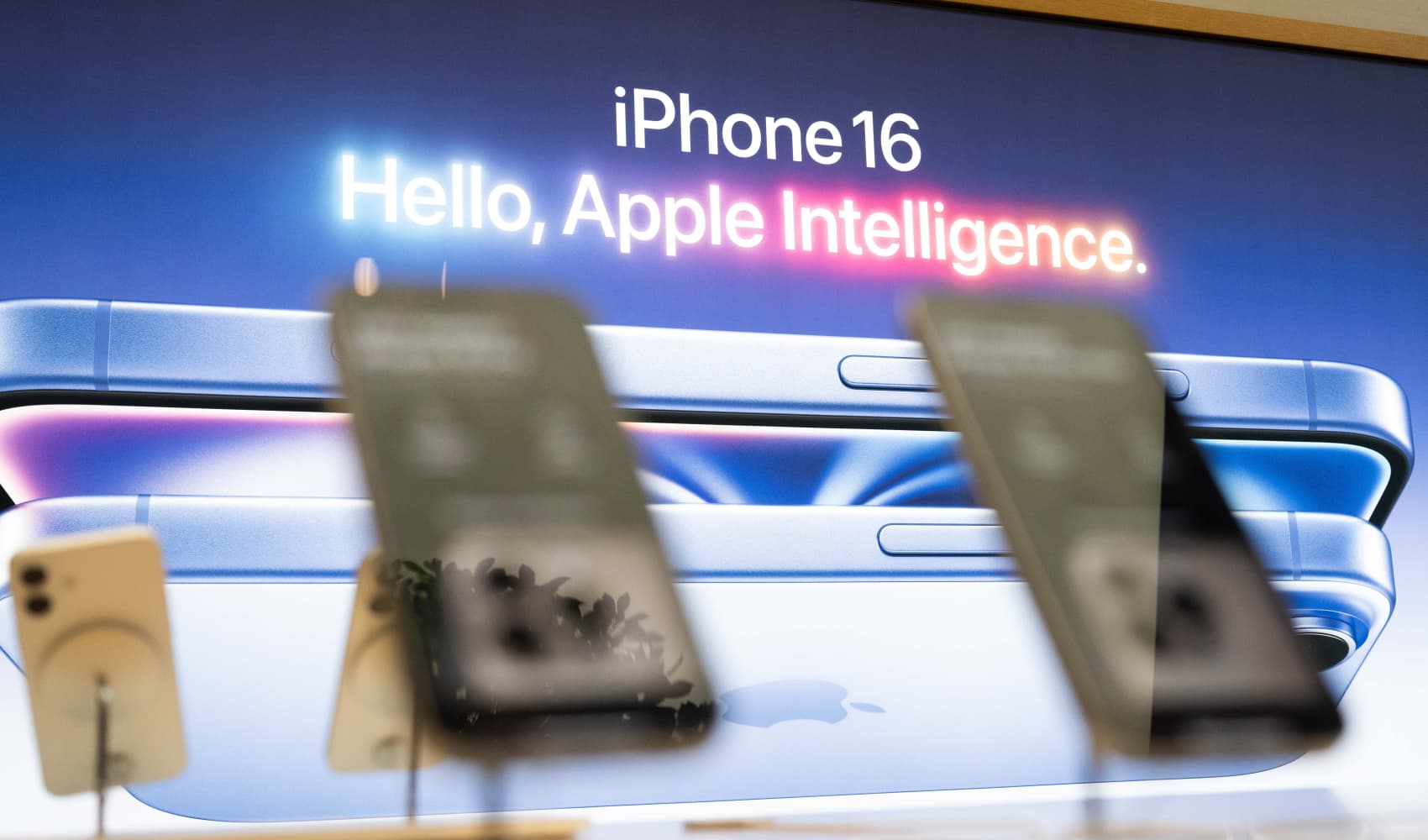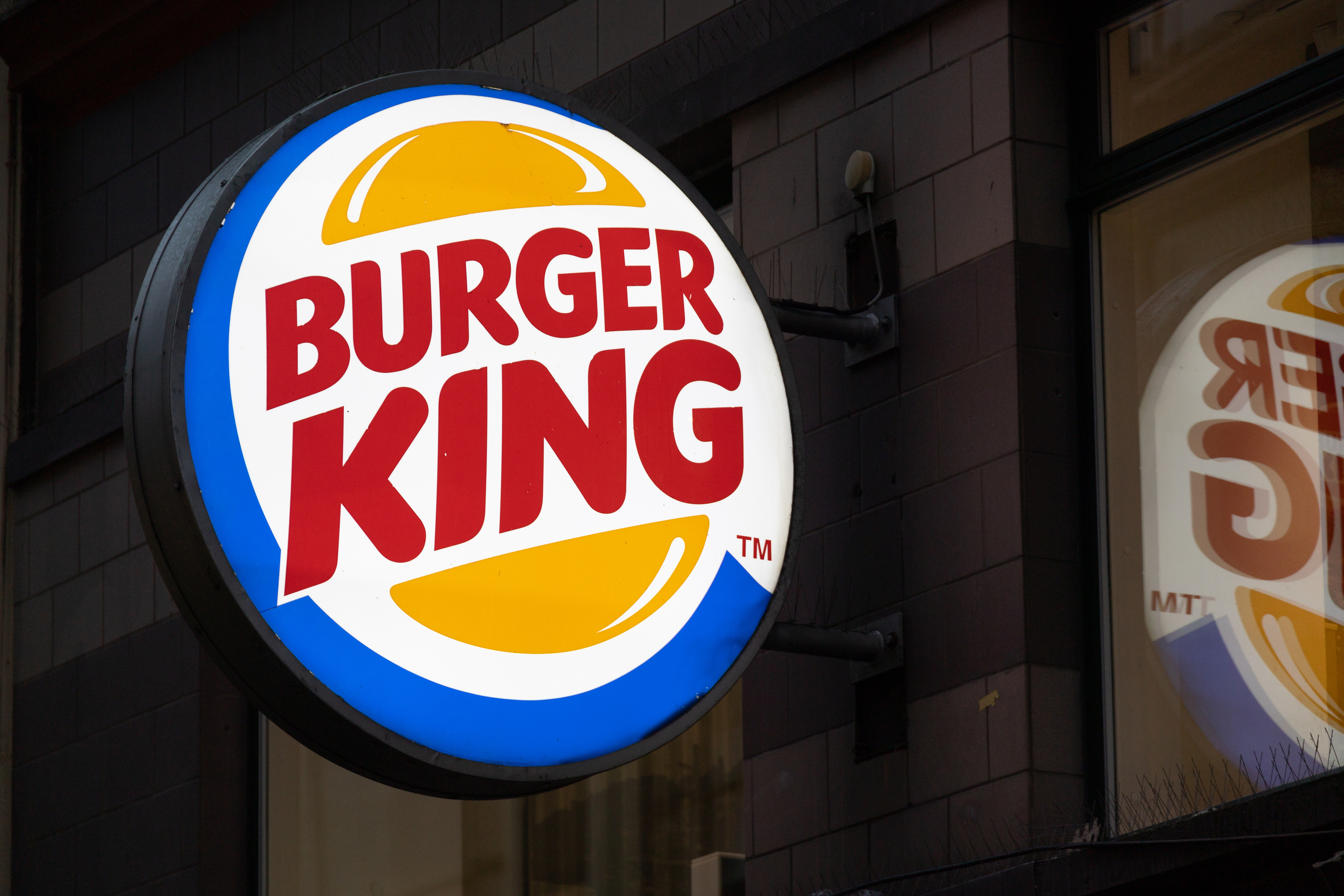Apple AI Ads Deceptive? Watchdog Slams Misleading Claims
Apple AI Ads Under Scrutiny: Did They Jump the Gun?
Introduction: The Hype Train vs. Reality
Remember when Apple unveiled its AI ambitions, promising a smarter, more intuitive iPhone experience with Apple Intelligence? It was exciting, right? A vision of the future, painted in sleek Apple designs and cutting-edge tech. But here's the kicker: some of those promised features aren't quite ready for primetime. And now, an advertising watchdog is calling Apple out, suggesting they might have gotten a little ahead of themselves with their marketing.
Imagine buying a car based on features that are "coming soon," only to find out they're still in development. Frustrating, isn't it? This situation is similar to what Apple is facing, with concerns that they advertised features that weren't yet available to consumers. Let's dive into the specifics and see what this all means for Apple, its customers, and the future of AI marketing.
Apple Intelligence: The Promise and the Peril
Apple Intelligence, the company's foray into the world of AI, was unveiled with significant fanfare. It promised to revolutionize the iPhone experience with features like on-device processing, enhanced Siri capabilities, and smarter photo management. The anticipation was palpable. But here's the rub: not all these features are ready to roll out immediately.
The Delayed Rollout: A Strategic Decision or a Marketing Misstep?
Apple's decision to stagger the rollout of Apple Intelligence features is understandable from a technical perspective. AI development is complex, and ensuring stability and user experience is paramount. However, the marketing strategy surrounding these unreleased features is where things get tricky.
The Watchdog's Warning: "Don't Convey Features Are Available When They're Not"
The core of the issue lies in the advertising watchdog's assessment. They've essentially told Apple, "Hold your horses! Don't advertise features as readily available if they're still in the pipeline." This is a crucial point because it speaks to the ethical responsibility of companies to be transparent with their customers.
Transparency and Trust: The Foundation of Brand Loyalty
In today's digital age, trust is currency. When companies are upfront and honest about what their products can and cannot do, they build stronger relationships with their customers. Misleading advertising, even unintentional, can erode that trust and damage brand reputation.
iPhone 16 and AI: Marketing Challenges Ahead
The timing of this watchdog warning is particularly interesting considering the impending launch of the iPhone 16. Apple is undoubtedly hoping to highlight the AI capabilities of its new flagship phone, but they need to tread carefully. How can they generate excitement without overpromising?
Balancing Hype and Honesty: A Tightrope Walk
Marketing a product that relies heavily on future features requires a delicate balance. Apple needs to showcase the potential of Apple Intelligence while clearly communicating which features are available now and which are coming later. It's a tightrope walk, but one they must navigate successfully.
Reputational Blow: The Ripple Effect
This incident is more than just a slap on the wrist. It's a potential blow to Apple's reputation, particularly concerning AI technology. Apple has always prided itself on innovation and user-friendliness, but this controversy casts a shadow on their AI efforts.
AI Skepticism: Fueling the Fire?
There's already a degree of skepticism surrounding AI, with some people concerned about privacy, bias, and job displacement. Instances like this, where promises don't align with reality, can further fuel that skepticism and make it harder for companies to gain public trust in AI technologies.
The Competition: AI Arms Race Heats Up
Apple isn't the only player in the AI game. Companies like Google, Microsoft, and Samsung are also investing heavily in AI and integrating it into their products. This intense competition puts pressure on Apple to deliver innovative AI features, but it also increases the risk of overpromising.
Staying Ahead of the Curve: Innovation Without Overhype
The key to success in the AI arms race isn't just about releasing the most features; it's about releasing the right features, at the right time, and with clear communication. Apple needs to focus on delivering tangible benefits to users without resorting to hype or misleading advertising.
The Consumer Perspective: What Does This Mean for You?
As a consumer, this situation highlights the importance of doing your research and not blindly trusting advertising claims. Be wary of products that promise revolutionary features that are "coming soon," and focus on what the product can actually do right now.
Reading Between the Lines: Decoding Marketing Language
Marketing language can be carefully crafted to create excitement and anticipation. Learn to read between the lines and ask critical questions. Does the advertised feature sound too good to be true? Is there any mention of potential limitations or delays? Armed with this knowledge, you can make more informed purchasing decisions.
Apple's Response: Damage Control and Future Strategy
Apple has yet to issue a formal response to the watchdog's concerns. However, it's likely they will need to adjust their marketing strategy to address the criticism. This could involve providing more clarity on the availability of Apple Intelligence features or focusing on the benefits that are already available.
Learning from Mistakes: A Chance for Improvement
This incident, while potentially damaging, also presents an opportunity for Apple to learn and improve. By being more transparent and realistic in their advertising, they can rebuild trust with consumers and strengthen their brand reputation in the long run.
The Future of AI Advertising: Setting a New Standard
This situation with Apple serves as a reminder for all companies that are marketing AI-powered products. The key to success is to be honest, transparent, and focused on delivering real value to customers. Overpromising and under-delivering will only lead to disappointment and erode trust.
Ethical AI Marketing: A Responsibility for All
As AI becomes more prevalent, it's crucial that companies adopt ethical marketing practices. This means being truthful about the capabilities and limitations of AI technologies and avoiding language that could mislead or deceive consumers. The future of AI depends on building trust and fostering a positive perception of these powerful technologies.
Conclusion: A Lesson in Transparency
The Apple AI ads controversy underscores the importance of transparency and honesty in marketing, particularly when it comes to emerging technologies like AI. Consumers need to be able to trust that the products they're buying can deliver on their promises, and companies need to be responsible in how they communicate the capabilities of their products. Apple's challenge now is to regain trust and demonstrate that they are committed to delivering a truly innovative and user-friendly AI experience.
Frequently Asked Questions (FAQs)
- What exactly did the advertising watchdog object to?
The advertising watchdog took issue with Apple's marketing that implied certain Apple Intelligence features were currently available when they were not yet released to the public.
- How might this impact Apple's brand reputation?
This situation could potentially damage Apple's reputation, particularly in the realm of AI technology. It raises concerns about transparency and whether Apple is overpromising on its AI capabilities.
- What can consumers do to avoid being misled by AI advertising?
Consumers should research AI features thoroughly, read reviews, and be wary of claims that seem too good to be true. Focus on the current capabilities of a product rather than promises of future updates.
- Is Apple the only company facing scrutiny over AI advertising?
No, Apple is not alone. As AI becomes more prevalent, other companies are also facing pressure to be transparent and responsible in their AI marketing efforts. This incident could set a precedent for stricter regulations in the future.
- What steps might Apple take to address these concerns?
Apple may need to revise its marketing materials to clarify which Apple Intelligence features are currently available and which are coming in the future. They may also need to provide more detailed information about the limitations of their AI technology.

